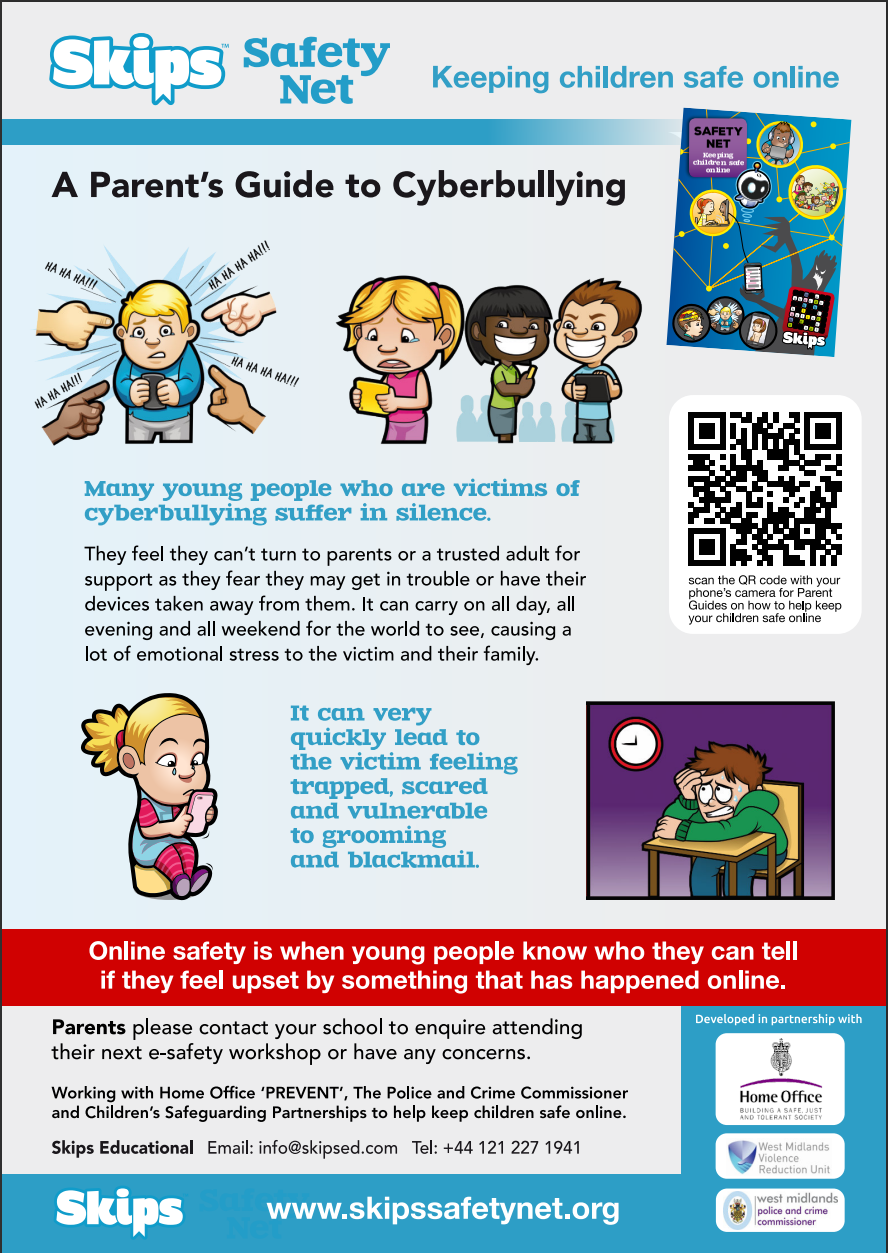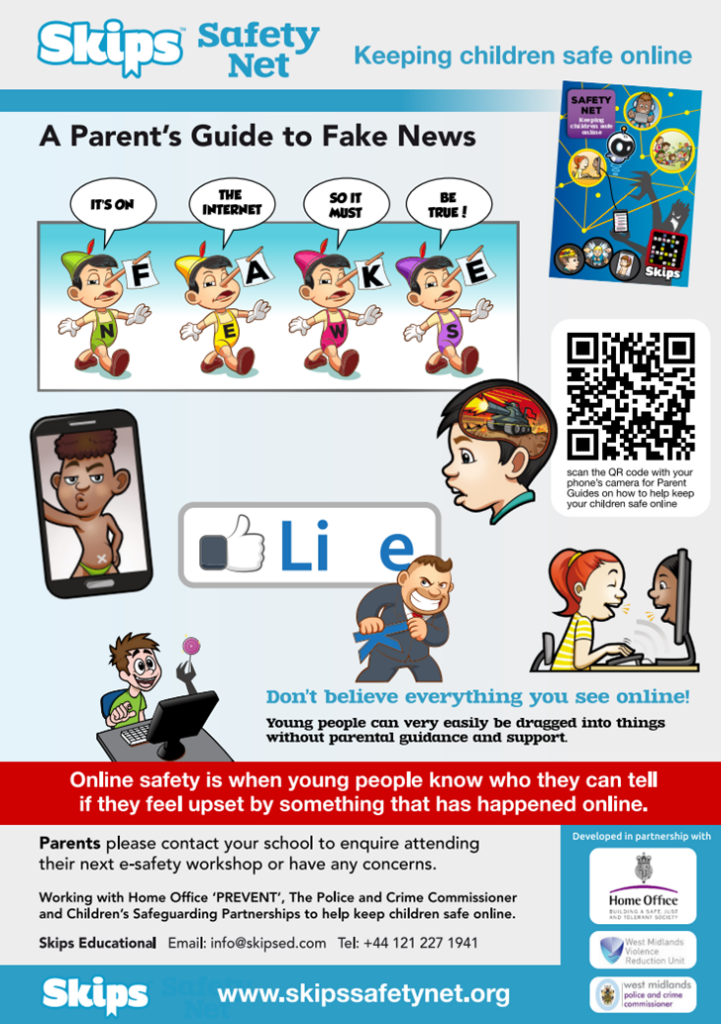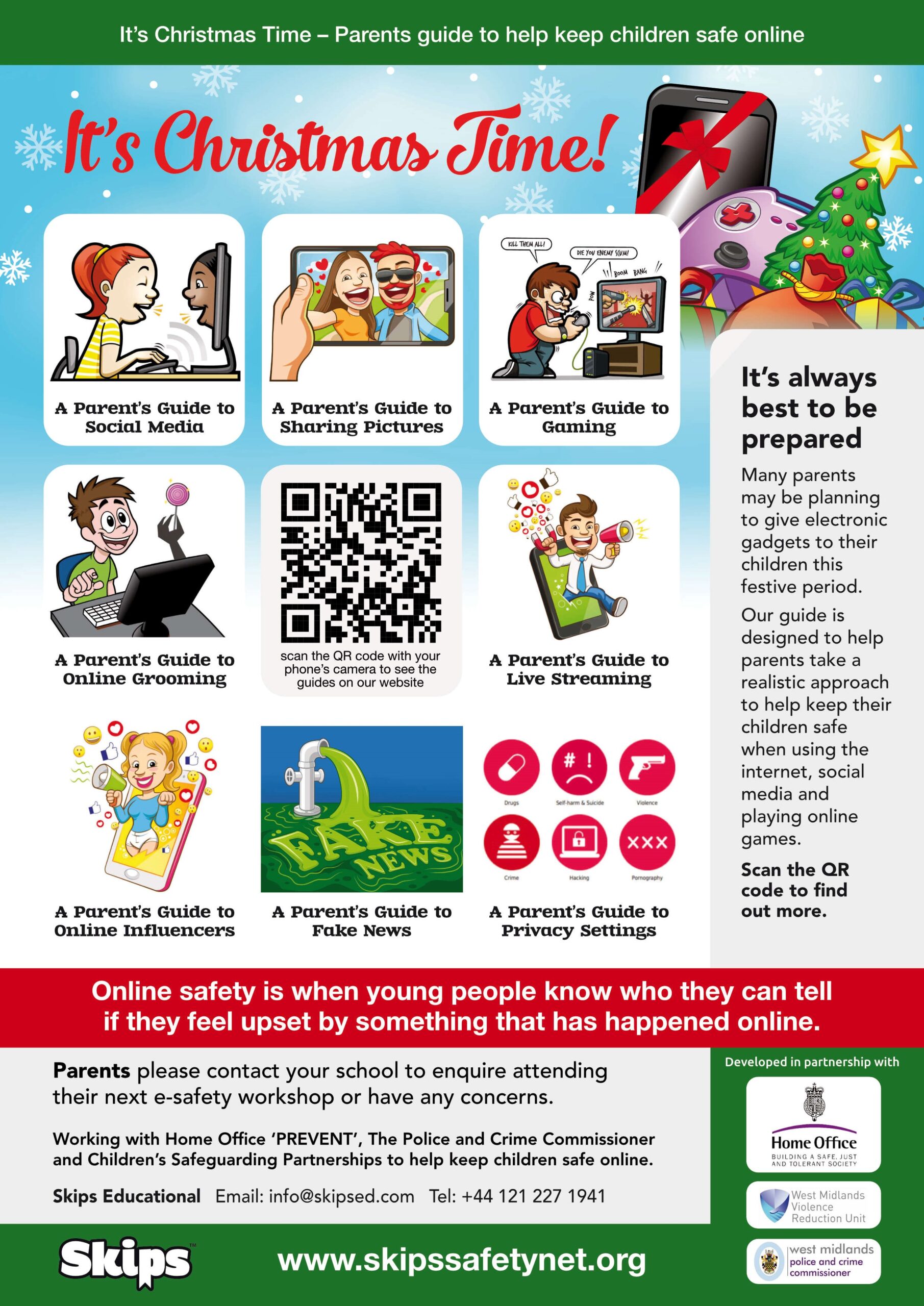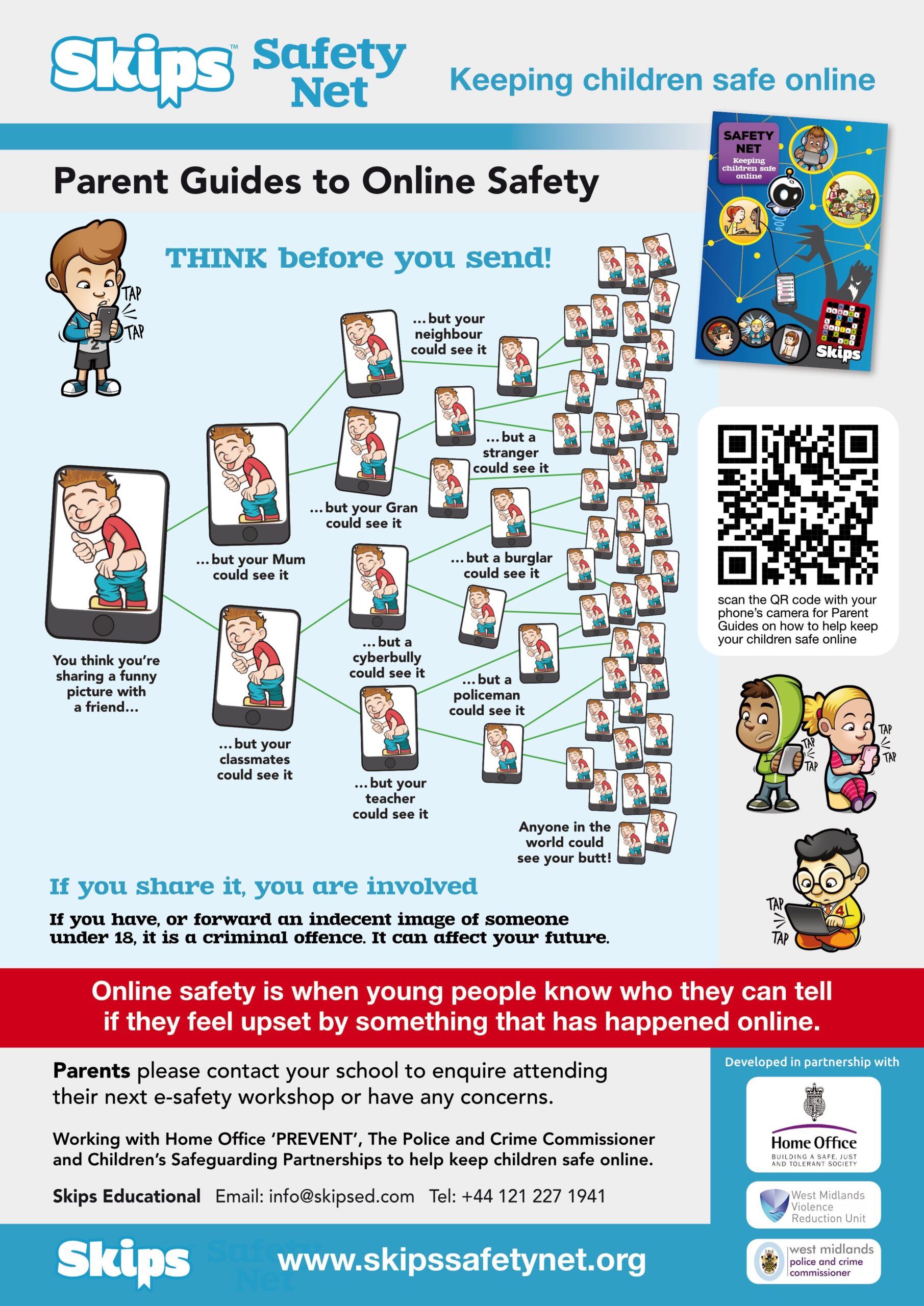Parent’s Guide to Cyberbullying

YUBO
A report has been submitted from the Multiagency Child Exploitation Hub (MACE) regarding the exploitative risks posed by YUBO. This application presents high risks to young people exposing them to potential chid sexual exploitation.
What is Yubo?
Yubo is a social media platform, available on iOS and Android. It’s free to use, with a range of additional features – known as ‘Powers’ – available to purchase on a monthly subscription. Yubo features live streaming and is extremely popular among young people, with 4.7 million users in the UK alone.
It has been involved in controversy since it launched (originally under the name Yellow), being dubbed by media as “Tinder for teens” due to its swipe-to-match functionality which mimics the adult dating app.
Despite being age-rated 13+, Yubo has been criticised for the way some young users have been exposed to inappropriate content and harassment. This has led to some schools issuing warnings advising parents against allowing their children to use the app. Users connect and chat one-to-one or in groups. Users can also start and join live-streaming video chats known as ‘lives’. These lives can feature up to 10 streamers (those who are broadcasting) and an unlimited number of viewers.
More Information
Below are a list of documents with more information about the report along with other resources and information about online safety.
A Parent’s Guide to Fake News

Keeping Children Safe at Christmas

Think before you send!

What parents need to know about Facebook
What parents need to know about Facebook.
Most people know the story by now. What started out as a morally questionable (but technically accomplished) mechanism for rating female college students’ pictures evolved into the flagship platform of a planet-spanning multi-billion-dollar empire – making a household name of its creator and adding an entirely new dimension to the 21st-century concept of ‘friendship’.
Facebook’s slightly questionable beginnings may seem a lifetime ago now, but similar concerns and controversies have continued to haunt the platform even during its phenomenal growth. Our updated #WakeUpWednesday guide to the social media titan alerts trusted adults to potential issues around inappropriate content, oversharing and contact from strangers.
Please find more information, in the above guide.
What Parents need to know about Netflix.
Launched in 1997, Netflix is now one of the world’s leading online streaming services, providing users with unlimited access to a huge
selection of TV shows and films. It’s available on any internet-connected device that supports the Netflix app, from smart TVs and games
consoles to tablets and smartphones, and is becoming increasingly popular with a younger audience. This is unsurprising given
consumer attitudes are changing more towards video-on-demand (VoD) services. That’s why we’ve created this guide to help parents
and carers understand exactly what Netflix is about.
Please find in the above post, updated information regarding Netflix.
Brighten someone’s day online.
It’s always comforting to be reminded of humanity’s natural compassion: how, in adversity, we tend to rally round to help those less fortunate than ourselves. That’s fundamental to Comic Relief, which raises millions every year to combat issues including poverty, homelessness, domestic abuse and mental health stigmas.
The theme of 2022’s fundraiser is ‘You’ – inspiring people to do something, however modest, to brighten someone’s day. A lot of those uplifting actions, we’d venture, can easily be accomplished online: so this #WakeUpWednesday, we’ve designed a display poster highlighting ways that we can all spread some much-needed happiness through the digital world.
Please find more information, in the above post.
What parents need to know about phone scams
What parents need to know about Phone Scams
Financial Fraud Action estimates that, in the UK, a financial scam is committed every 15 seconds. Some of these dishonest schemes continue to take the traditional route through our letterboxes or onto our doorsteps – but an increasing majority now target that commanding gateway to our attention that’s with us throughout our waking hours: our phone.
From bogus bank personnel to counterfeit couriers, scammers now adopt a whole gallery of convincing aliases from behind a keyboard. In this week’s #WakeUpWednesday guide, we profile some of the most frequent attempted cons, highlight ways to avoid them and suggest what to do if you or someone in your family does inadvertently fall foul of a phone scam.
Please find more information in the above link.
What parents need to know about the Ofcom Children and Parents: Media Use and Attitudes Report 2022
Media Use and Attitudes Report 2022
Digital technology, and its increased influence on our lives, remains a keenly debated topic as the world takes further tentative steps into ‘the new normal’. Central to that conversation, of course, are the ways that young people’s online activities – which naturally evolve rapidly, even without the seismic shock of a pandemic – are developing in the 2020s.
Every year, the UK’s communications regulator, Ofcom, carries out an in-depth study into how young people are using and experiencing the online world. For our #WakeUpWednesday guide this week, we’ve trawled the report’s 79 densely packed pages to bring you an accessible digest of the most relevant and informative findings.
Please find information from the report, in the above link.
https://www.internetmatters.org/resources/online-gaming-advice/
Support for parents and carers to keep children safe online
Options for reporting or talking through online problems:
CEOP
The Child Exploitation and Online Protection (CEOP) Centre is dedicated to eradicating the sexual abuse of children. It is part of UK policing and very much about tracking and bringing offenders to account either directly or in partnership with local and international forces. Anybody with concerns that a pupil is being groomed or sexually exploited, including involvement in Sexting, should contact them directly using the link below. I would strongly recommend that if possible, you also contact Mr Lindsay or any member of the Safeguarding team here at Hurworth as we may need to make additional referrals to Children’s Services.
www.ceop.police.uk/safety-centre
Childline Instant Help
The link provided below will take you to the Childline website where you can click the explore button to find out more about topics such as Cyber Bullying and Online and Mobile Safety. More importantly if you click on the 1 to 1 Chat Online link you can contact a Childline counsellor in a 1 to 1 online chat (like instant messenger) about any online problems. Childline state that no problem is too big or too small.
ThinkUKnow
Here you can find the latest information on websites, mobiles and new technology. Find out what’s good, what’s not and what you can do about it. If you look after young people, there’s an area for you too with resources you can use at home or just to get yourself up to speed with the latest developments. Most importantly, there’s also a place which anyone can use to report if they feel uncomfortable or worried about someone they are chatting to online.
Here you can find a parents/carers guide to safely stream online and share images.
Delivering Online Safety at Home
Internet Watch Foundation
If you have inadvertently stumbled across potentially illegal online content, specifically images of child sexual abuse, criminally obscene material or anything that incites racial hatred then please submit a report to the Internet Watch Foundation (IWF). The IWF works in partnership with the police, government, the online industry and the public to combat this type of material and you are helping to make the internet safer for all by taking this action.
Options for finding information about online safety guidance:
All the websites listed above have both reporting tools and sections of information and advice relating to e-safety. In addition to these you may find the following useful:
The Twitter feed from the CEOP website has many tweets with up to date information about online safety. It covers the type of current activity taking place not only across the UK but also specifically what is happening regionally.
Get Safe Online
Get Safe Online is the UK’s leading source of unbiased, factual and easy-to-understand information on online safety.